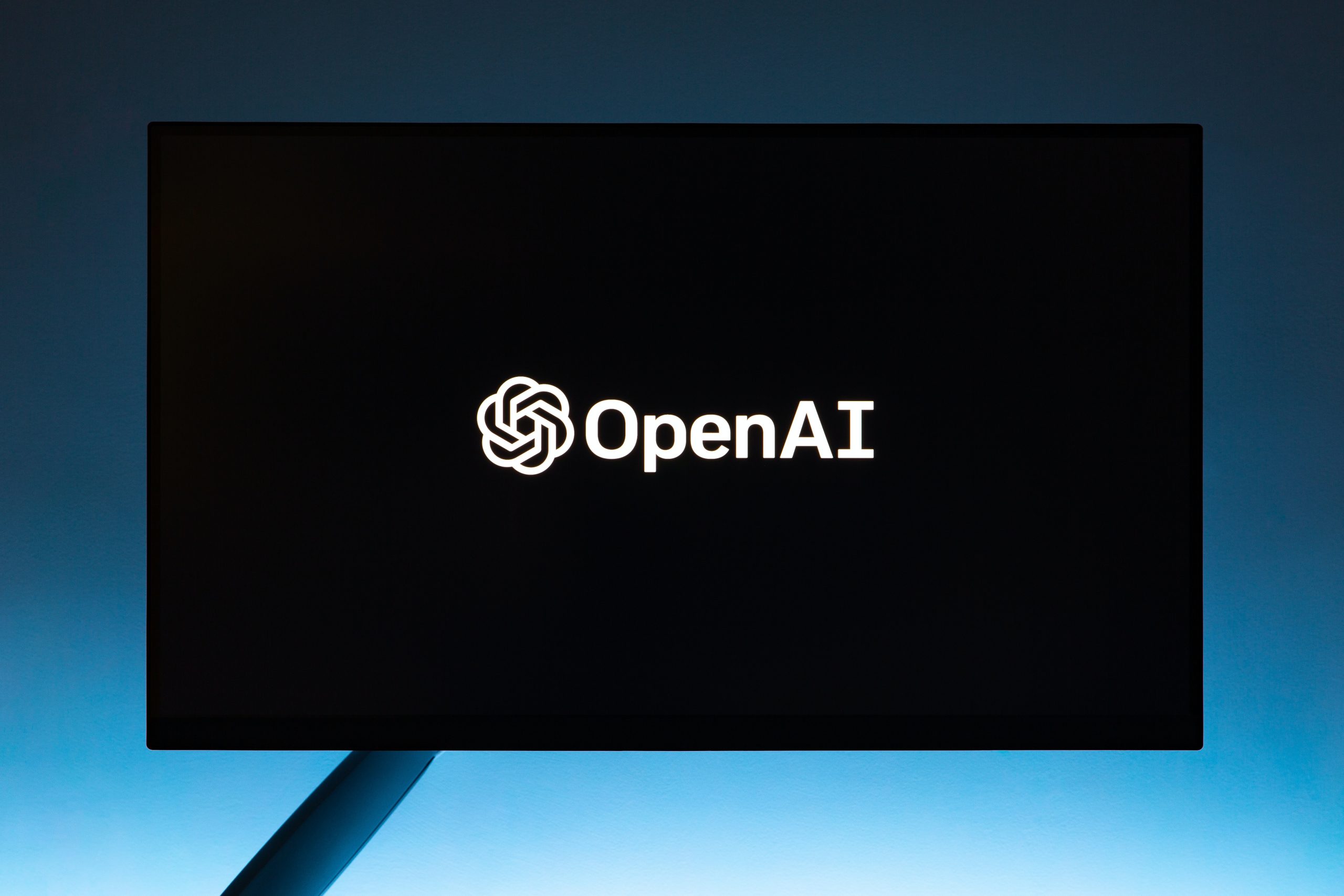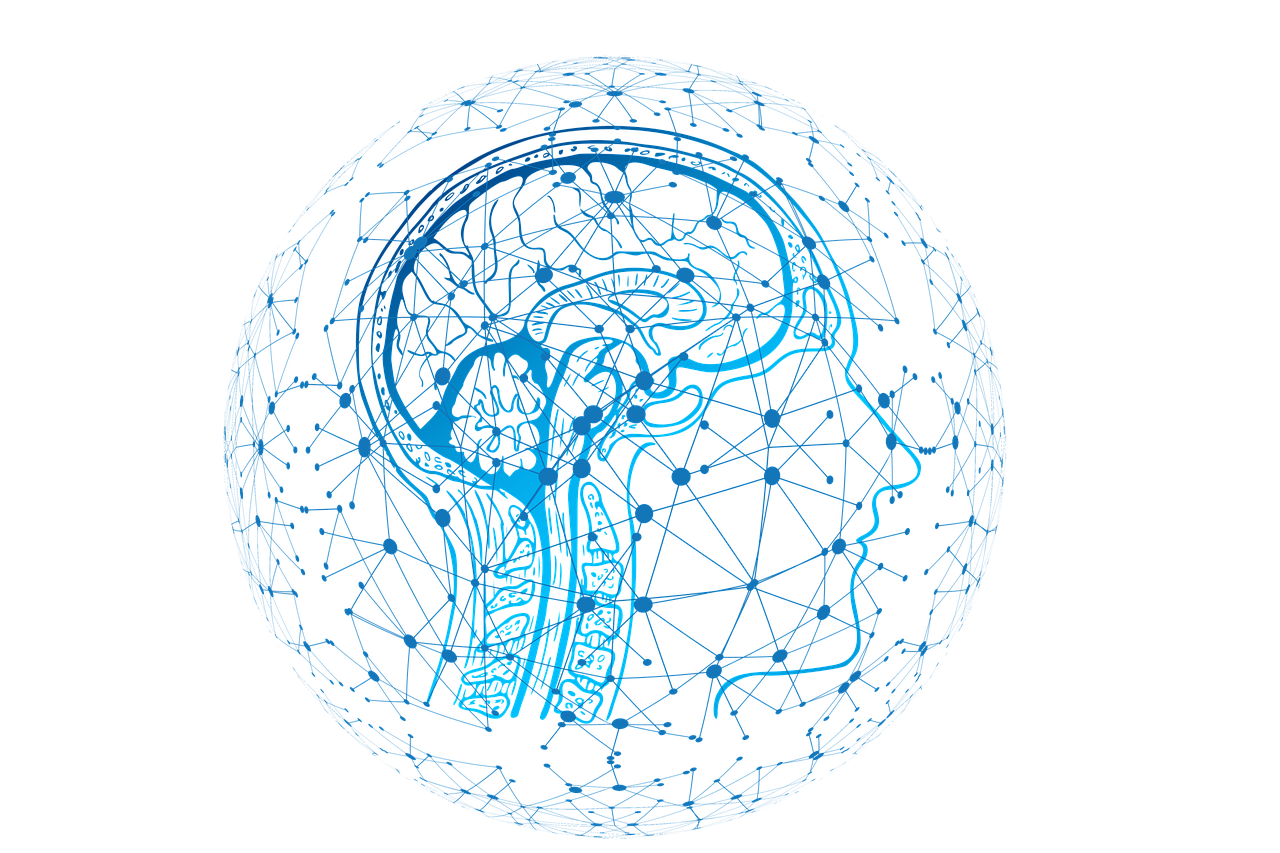What is the Technological or AI Singularity?
Explore the fascinating yet complex concept of the Technological or AI Singularity in this comprehensive blog post. Discover what this potential future event, characterized by the advent of superintelligent AI, could mean for humanity. Delve into the implications, risks, benefits, challenges, and potential solutions associated with the singularity. Understand its pros and cons, the potential outcomes, what the experts are saying, and the critical steps required to prepare for this transformative horizon. Whether you’re a tech enthusiast, an AI researcher, or just curious about our technological future, this article will provide you with a deep understanding of the AI Singularity.





